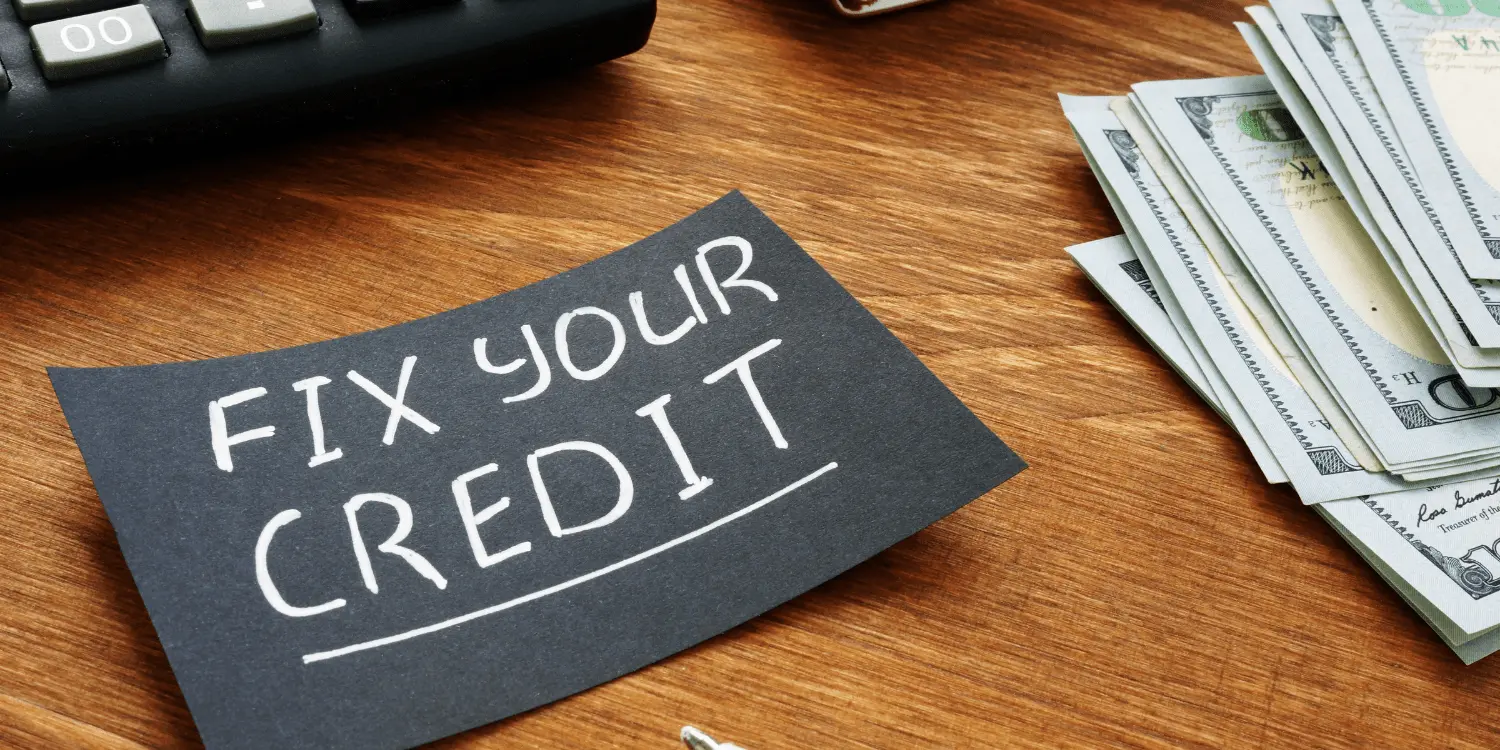
A personal statement on a credit report is a short explanation you can add to your file to provide context around negative items or unusual activity on your credit history. A well-written consumer statement may not fix your credit score directly, but it can provide important context to lenders or other parties who review your credit report.
A personal statement on one's credit report files is a brief written explanation attached to your credit history. This statement is typically limited to 100 words (or 200 words for spouses living in the same household). It lets you give your side of the story regarding a financial hardship, identity theft incident, or other situation that may affect how someone views your credit profile.
You can add a personal statement to one or more credit reports by contacting each credit reporting agency individually.
Here are a few common reasons to add a statement to your credit report:
If you're facing these situations, a brief consumer statement could help provide clarity.
To add a statement, you’ll need to contact the major credit bureaus, including Equifax, Experian, and TransUnion. Each bureau has its own process for adding or removing consumer statements. You can usually submit your information:
Make sure you include your full name, address, and any identifying information needed to verify your identity.
The specific instructions for each bureau may differ; use these phone number to contact them if you need more information:
Visit annualcreditreport.com for a free credit report before you call; use the number on the report if different from the above.
You can learn more about your rights under the Fair Credit Reporting Act by visiting the Consumer Financial Protection Bureau’s guidance on the Fair Credit Reporting Act. You can also find info on consumer statements in Credit.org’s Official Consumer Guide to Good Credit.
-min.webp)
Here’s a basic example of a 100-word statement:
I was laid off in 2023 and missed several payments during a difficult financial time. Since then, I have gained full employment and created a budget plan. I am now current on all of my credit accounts and making regular payments. I ask that any lender reviewing my report take this statement into consideration.
This type of language shows accountability while giving context for a prior missed payment or delinquency.
Adding a consumer statement does not directly change your credit score. Credit scoring models, like FICO or VantageScore, do not factor in personal statements when calculating your score. However, lenders and creditors who manually review your credit report may take your statement into account when making lending decisions.
Even though the score remains unchanged, adding a statement may help influence the outcome when applying for a loan, credit card, or mortgage, especially if you’ve had bad credit in the past.
There are two main types of personal statements you can add:
It’s important to clearly identify whether you’re requesting a general statement or an account specific statement when you contact the bureau.
Before you add a personal statement, consider these points:
If your situation changes or you no longer want the statement attached, you can contact the credit bureau and request its removal. This is especially important if the information on your credit report has changed and the issue described is no longer relevant.
Make sure to keep copies of your request and any confirmations from the bureaus.
Adding a consumer statement makes sense when:
Still unsure? Consider reaching out for a Credit Rereport Review if you want help understanding what is on your report and how to respond to it. You can also review Credit.org’s free online course about understanding your credit report and score before you decide whether adding a statement is worth it.